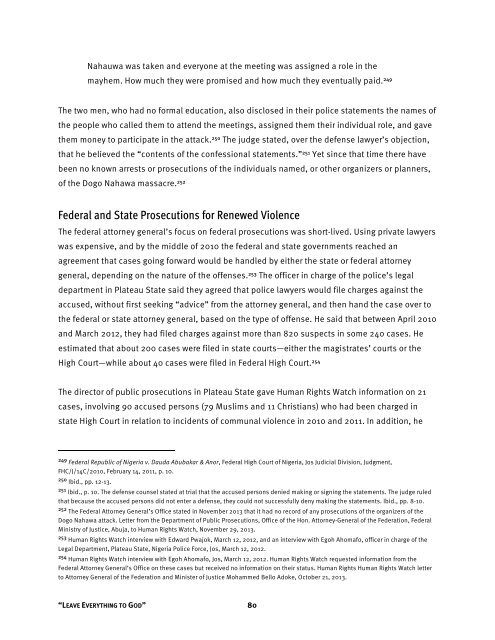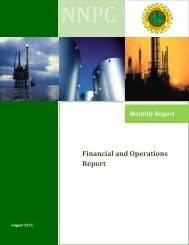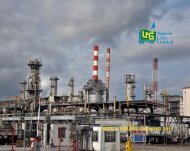Create successful ePaper yourself
Turn your PDF publications into a flip-book with our unique Google optimized e-Paper software.
Nahauwa was taken and everyone at the meeting was assigned a role in the<br />
mayhem. How much they were promised and how much they eventually paid. 249<br />
The two men, who had no formal education, also disclosed in their police statements the names of<br />
the people who called them to attend the meetings, assigned them their individual role, and gave<br />
them money to participate in the attack. 250 The judge stated, over the defense lawyer’s objection,<br />
that he believed the “contents of the confessional statements.” 251 Yet since that time there have<br />
been no known arrests or prosecutions of the individuals named, or other organizers or planners,<br />
of the Dogo Nahawa massacre. 252<br />
Federal and State Prosecutions for Renewed Violence<br />
The federal attorney general’s focus on federal prosecutions was short-lived. Using private lawyers<br />
was expensive, and by the middle of 2010 the federal and state governments reached an<br />
agreement that cases going forward would be handled by either the state or federal attorney<br />
general, depending on the nature of the offenses. 253 The officer in charge of the police’s legal<br />
department in Plateau State said they agreed that police lawyers would file charges against the<br />
accused, without first seeking “advice” from the attorney general, and then hand the case over to<br />
the federal or state attorney general, based on the type of offense. He said that between April 2010<br />
and March 2012, they had filed charges against more than 820 suspects in some 240 cases. He<br />
estimated that about 200 cases were filed in state courts—either the magistrates’ courts or the<br />
High Court—while about 40 cases were filed in Federal High Court. 254<br />
The director of public prosecutions in Plateau State gave Human Rights Watch information on 21<br />
cases, involving 90 accused persons (79 Muslims and 11 Christians) who had been charged in<br />
state High Court in relation to incidents of communal violence in 2010 and 2011. In addition, he<br />
249 Federal Republic of Nigeria v. Dauda Abubakar & Anor, Federal High Court of Nigeria, Jos Judicial Division, Judgment,<br />
FHC/J/14C/2010, February 14, 2011, p. 10.<br />
250 Ibid., pp. 12-13.<br />
251 Ibid., p. 10. The defense counsel stated at trial that the accused persons denied making or signing the statements. The judge ruled<br />
that because the accused persons did not enter a defense, they could not successfully deny making the statements. Ibid., pp. 8-10.<br />
252 The Federal Attorney General’s Office stated in November 2013 that it had no record of any prosecutions of the organizers of the<br />
Dogo Nahawa attack. Letter from the Department of Public Prosecutions, Office of the Hon. Attorney-General of the Federation, Federal<br />
Ministry of Justice, Abuja, to Human Rights Watch, November 29, 2013.<br />
253 Human Rights Watch interview with Edward Pwajok, March 12, 2012, and an interview with Egoh Ahomafo, officer in charge of the<br />
Legal Department, Plateau State, Nigeria Police Force, Jos, March 12, 2012.<br />
254 Human Rights Watch interview with Egoh Ahomafo, Jos, March 12, 2012. Human Rights Watch requested information from the<br />
Federal Attorney General’s Office on these cases but received no information on their status. Human Rights Human Rights Watch letter<br />
to Attorney General of the Federation and Minister of Justice Mohammed Bello Adoke, October 21, 2013.<br />
“LEAVE EVERYTHING TO GOD” 80




